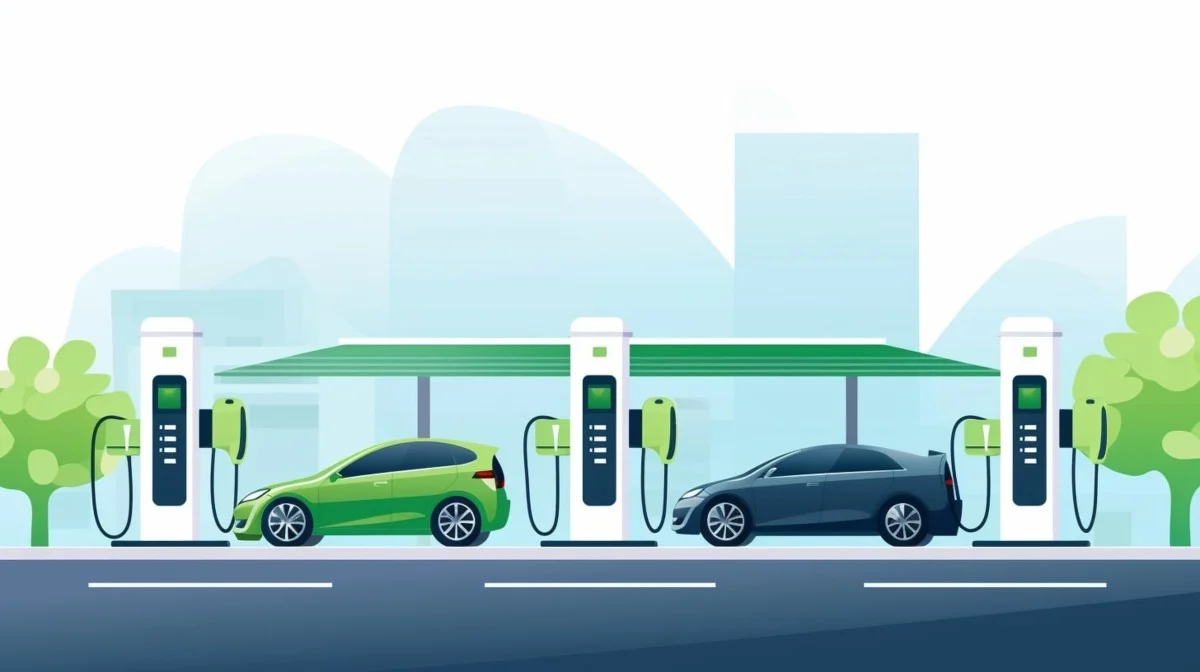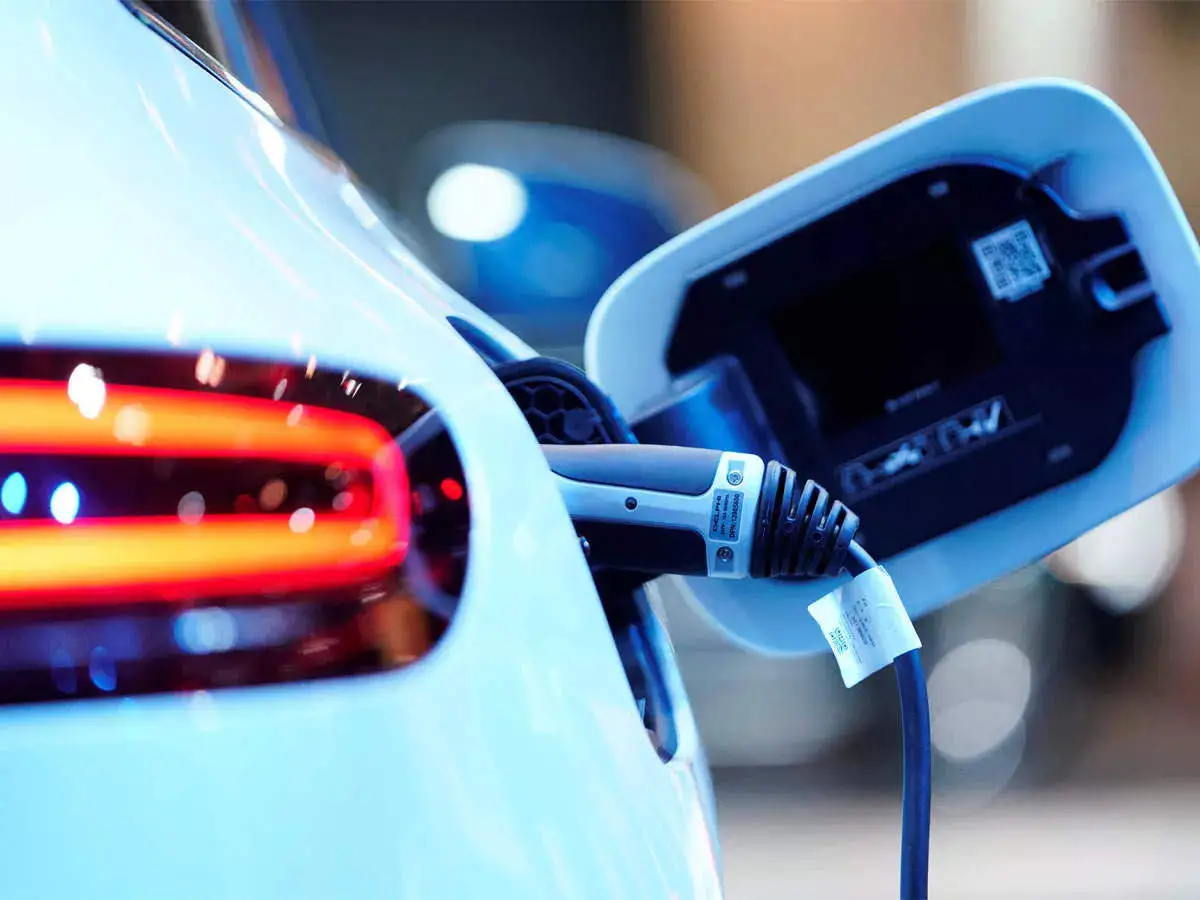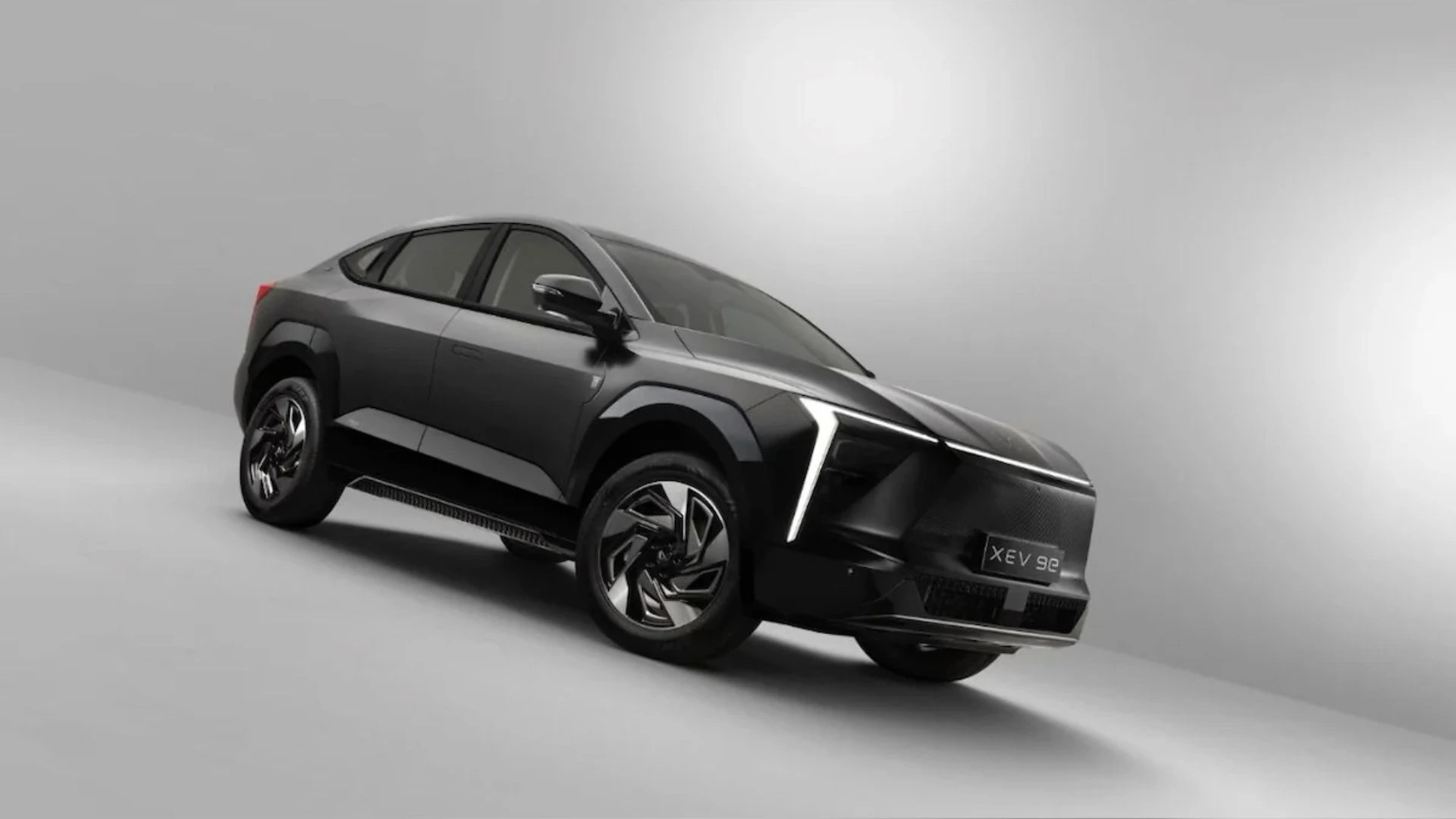
Table of Content
▼In a major effort to boost sustainable transportation, the Government of India has announced an extensive plan to enhance the electric vehicle (EV) charging infrastructure nationwide. The Ministry of Power revealed these guidelines on September 17, 2024, aiming to significantly increase the availability and density of EV charging stations in both urban and highway areas by 2030.
Expanding the Charging Network Across the Country
The new directive mandates a dense network of EV charging stations in urban areas, with at least one station per square kilometer by the end of this decade. This initiative seeks to provide EV owners with reliable and convenient access to charging facilities, addressing one of the primary barriers to EV adoption. Additionally, major highways and expressways will feature fast-charging stations every 100 kilometers, specifically catering to long-range and heavy-duty electric vehicles such as buses and trucks.
Emphasizing Solar Energy and Smart Charging
A central element of the policy is the integration of solar energy in charging stations, encouraging operators to utilize renewable energy sources. This aligns with the government's broader environmental goals, aiming to reduce the carbon footprint of electric transportation. Furthermore, the guidelines propose differential pricing for electricity, offering lower rates during solar hours to promote the use of clean energy.

Incentives and Support for Charge Point Operators
To accelerate the development of charging infrastructure, the guidelines include several incentives. These encompass the provision of public land at promotional rates and simplified procedures for obtaining electricity connection approvals. Charge point operators will receive financial incentives to establish new stations, with the government ensuring that the cost of electricity for these stations remains below the average supply cost until March 2028.
Encouraging Partnerships and Economic Impact
The implementation of these guidelines is expected to foster public-private partnerships, involving state agencies, power utilities, and private stakeholders. This collaborative approach is essential for the rapid and efficient expansion of the EV charging network. Additionally, the policy is anticipated to generate job opportunities and stimulate economic activities related to the manufacturing, installation, and maintenance of charging infrastructure.
Future Prospects: Moving Towards Sustainable Mobility
With these comprehensive guidelines, India is laying a solid foundation for the transition to electric mobility. This move supports the country's climate goals and positions India as a leader in sustainable transportation infrastructure. As the network of charging stations expands, the convenience and appeal of owning an electric vehicle in India are expected to increase significantly, paving the way for a greener and more sustainable future.
The government's commitment to establishing a nationwide network of accessible, reliable, and environmentally friendly EV charging stations underscores its dedication to transforming India's transportation landscape. This initiative is set to substantially reduce the nation's carbon emissions and promote a cleaner, greener environment.
Also Read: Best Electric Cycles Under 15000 in India: Affordable and Eco-Friendly Options
Mehul Jain
EV Specialist & Clean Mobility Advocate. Mehul Jain is an expert in India’s evolving electric vehicle ecosystem, with a focus on EVs, charging infrastructure, and sustainable mobility. His articles cover everything from government subsidies to range insights, helping readers navigate the shift to cleaner transportation.


_1770886465.webp)

_1716799620.webp)

